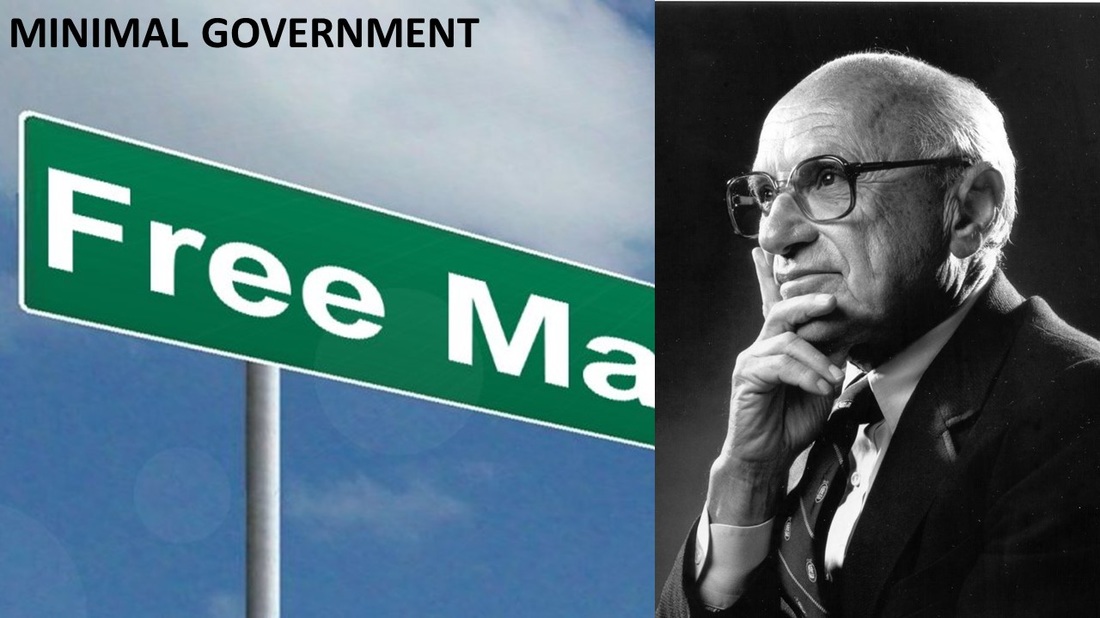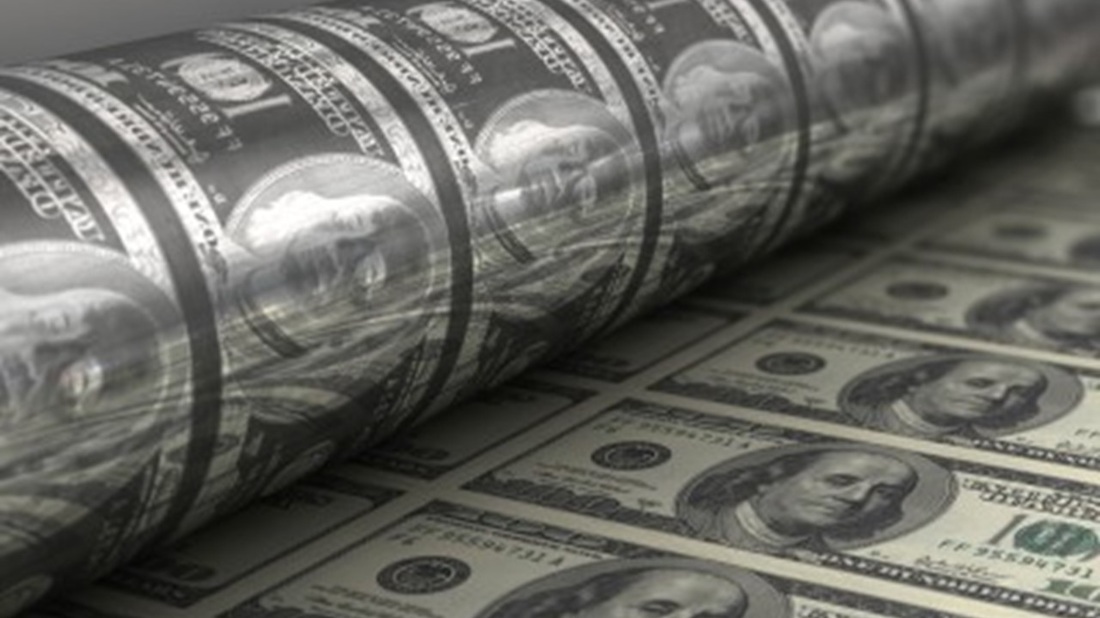Rule of the markets
Minimal government
Forex rates and markets Monetary policy and Quantitative easing
ConclusionFriedman also influenced other fields that have an impact on the economy like education and military policy. Many aspects of free markets and attendant government regulations today can be attributed to the works of Friedman.
The Economy have changed since 2008, when the inflation rate was high the central bank used to increase the interest rate to reduce inflation rate, where people would save their money instead of investing or doing business to get a high return on interest. People used to investor start-up business when the interest rate was low because the cost of low cost of borrowing. The interest rate could be understood well by using Taylor Rule by John Taylor.
These questions can give better understanding of the current economy:
The Fed reduced the interest rate to 0.25 percent after the 2008 global economic crisis, since then the central bank of developed countries have reduced the interest rate close to zero or even to negative interest rate. Why did they reduce the interest rate to close to zero? Reducing the interest rate to close to zero increases the economic activity and increases the production. Low-interest rate means low cost of financing the business. What is the macroprudential policy? Macroprudential policy is to ensure the stability of financial health of an economy. How will macroprudential policy foster financial stability? The financial stability can be achieved through macroprudential instruments which are:
Is it here to stay for the long term? Yes, macroprudential policy is here to stay for long term maybe even permanently. Is low-interest rate good for the banks? Low-interest rates have some advantages for the banks, but one of the biggest advantages is it allows banks to obtain loans at a low cost. Is low-interest rate bad for the banks? Yes and No, for the answer yes was answered above but for the answer no is: The low-interest rate means that banks have a lot of money that they can’t use due to restrictions by macroprudential policies. The low-interest rate is meant to reduce the cost of financing but it actually increases the cost of holding so much money for the banks. The banks increase their revenue by giving loans to customers but due to the restrictions by macroprudential instruments, the giving loans become harder for the banks. One of a good example is Liquidity Coverage Ratio (LCR) where banks have to have 100 percent or more of the deposits over the period of 30 must be held by the banks, that means the short term depositors are a cost for the banks. Another example is Liquidity risk charges where banks get penalized for short-term funding or leverage ratio where banks have to maintain low leverage ratio. Do banks earn money from Bond? This is where it gets interesting when the interest rates fell the banks cannot make money through selling bonds, because not many people are interested in buying bonds, therefore, the demand for bonds have fallen. Think about it, the why would investors buy bonds that give only 0.25 percent return where they have to keep their money for a long period of time. Short-term bonds are still understandable but long term bonds such as 5 years to 30 years maturity are hard to attract investors with a low-interest rate. If the banks bought government bonds then they are highly likely that they will keep those bonds because they will still be getting their returns at the high-interest rate when it was issued. What are the alternative solutions? It is hard to give suggestion but the large banks have branches all around the world and not all the countries have implemented low-interest rates and macroprudential policy. The banks should make some research on the countries with high-interest rates and try to diversify their business to those countries with high-interest rates, that way they can obtain the low cost of capital and earn the higher interest rate. Like what Milton Friedman said, "in an economy, both parties can gain, it does not mean one has to gain and another has to lose". Are we going to have another global crisis? If I knew that I would be so rich, but actually even if we knew it, we wouldn’t be able to do anything about it due to our ignorance. It has been talked a lot by many people if we are going to have a global crisis again, well most of the countries are already seeing economic fall due to a reduction in the price of crude oil, natural gas, and coal. It is hard to tell if European and US economy will have an economic crisis because they have always been the buyers of the oil and gas and low cost these commodities reduce their cost of buying these commodities. |
AuthorEcon2u and others CategoriesArchives
August 2017
|







 RSS Feed
RSS Feed
